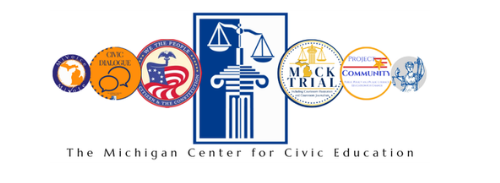Students learn why there are two houses of Congress and discover how a bicameral legislature ensures that states have a voice in bills. Together, the class creates a school cell phone policy and experiments with different voting groups that demonstrate why the bicameral compromise was necessary. Students also examine how things might be different today if there were just a House or a Senate.
Civics Lessons
Why Do We Have a House and Senate, Anyway?
To Sign or Not to Sign: The Ultimate Constitution Day Lesson Plan
This lesson plan was developed to help schools meet the Constitution Day education requirement. Students examine the role of the people in shaping the U.S. Constitution and the ratification process. The lesson closes with an opportunity for students to sign the Constitution, if they choose, and to discuss what it means to sign or not sign.
Understanding Contracts
In this lesson, students are asked which of two chocolate bars – one with nuts, one without – they prefer. A single representative is taken from each preference group. These representatives are given the chocolate bar that they prefer less, motivating a contractual trade. One student unknowingly has an empty wrapper, eliciting debate after the trade is completed. The class concludes by discussing possible equitable solutions.
Participating in the Jury System
Students participate in activities and discussions about the relationship of a democratic society to its legal institutions, and the issues of fairness and equality under the law and legal system. They learn how constitutional amendments such as the Fourteenth Amendment influence lawsuits, and they will apply concepts within the Bill of Rights to jury trials. Students conduct research to compare the U.S. jury trial system to trial systems in other countries.
What Is A Good Rule? Creating Our Ballot Questions
This lesson offers students the opportunity to play the role of voters with special interests. Students draw up initiatives for new classroom or school rules. Working in groups of four or five, students share their ideas and rationale for new rules.

